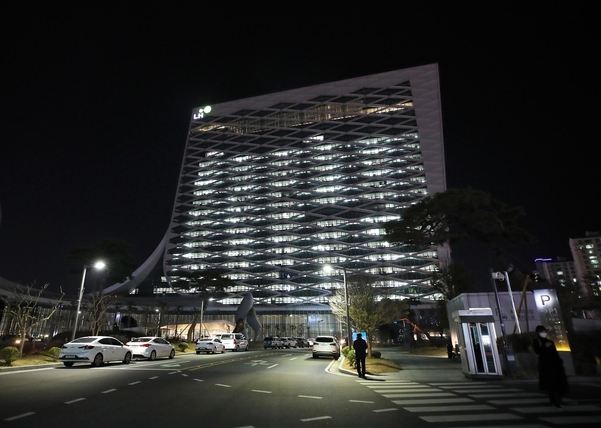Input 2021.03.26 19:58 | Revision 2021.03.26 20:32

The special supply of relocation agencies is a system designed to relieve and compensate for the housing shortage of workers in the agencies following the relocation of government departments and public agencies. Some of the pre-sale quantities are allocated as special supplies, and special supplies are known as’lotto’ because the competition rate is lower than that of general supply and the pre-sale price is cheaper than the market price.
According to data from the House of Representatives, only 14 of the 70 LH employees who have received duplicate sales are currently owning both of them. The remaining 56 people disposed of some or all of the apartments that were sold. Rep. Song said, “Eating pheasants in pearls and eggs in Sejong,” and “special supply financial technology for LH employees.” This is in the sense that it made a profit on the market by exploiting the system to resolve the housing shortage.
For example, LH employee A received an apartment sale in Sejong in 2015 for 348 million won, and the following year, in 2016, in Jinju, for 2252.3 million won in apartments. Mr. A sold the apartment he received in Jinju for 300 million won last year, leaving a market margin of 47.7 million won. When the two are combined, a market margin of about KRW 1 billion is expected in the next six years.
As another example, Mr. B, who sold an apartment in Sejong in 2014 for 3,5819 million won, received a duplicate apartment in Jinju in 2017 for 419.93 million won. Mr. B made a profit of 10 million won by reselling the Jinju apartment in 2019, and reselling the apartment in Sejong City in 2020, the following year, earning a profit of 591 million won. It left a margin of about 600 million won in 6 years.

Rep. Song said, “It’s an unreasonable act after depriving end users of subscription opportunities in order to satisfy their self-interest.”
